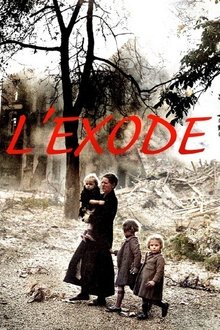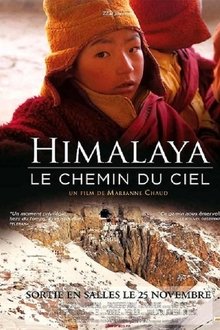Take a journey with Norman Geske, Nebraska's Father of the Arts, with this feature length documentary about the impact one man has had on the artistic and cultural heritage of Nebraska and beyond.
Related Movies
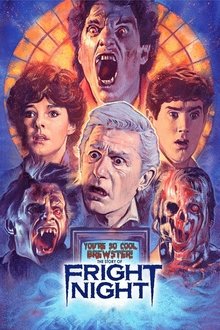
You're So Cool, Brewster! The Story of Fright Night (2016)
An extensive look at the making of Fright Night (1985) and Fright Night Part 2 (1988) featuring exclusive interviews with cast and crew members, rare photographs, behind-the-scenes footage and more.
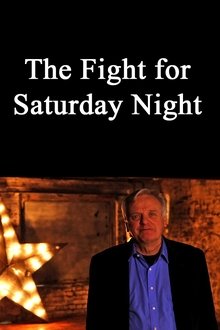
The Fight for Saturday Night (2014)
Michael Grade tells a tale of television skullduggery and dirty dealings in the battle to win the Saturday night ratings crown.

Jyväskylän meininki: A Punk Documentary (2016)
Documentary on the punk scene in the city of Jyväskylä, Finland.

El sexo sentido (2014)
Between the ages of two and three, children already know which gender they belong to. One in 10,000 males and one in 40,000 females feel the opposite gender to the one they were assigned at birth. The first signs of transsexuality can appear very early. The families of all the protagonists in the documentary agree that their children have, almost from the moment they began to speak, expressed with surprising insistence and firmness that they belonged to the sex opposite to that of their genitalia.

Modern Guatemala City (1945)
This FitzPatrick Traveltalk short visits Guatemala City, touching upon its sights, customs, and history.

Day of Infamy (2001)
Naval historians discuss in detail the events leading up to the Japanese attack at Pearl Harbor on December 7, 1941.
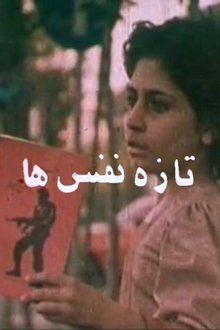
The Newcomers (1979)
Kianoush Ayari’s film captures rare scenes of everyday life on the streets of Tehran in the months following the revolution of 1979.

Kometen (2004)
Stockholm 1965. A comet is heading towards earth. A man with a super-8 camera documents the city and its inhabitants the days before the end of the world.

Inner Rap (2016)
Makulatura [which means both scrap paper and pulp fiction in Russian] is a duo of poets Evgeniy Alyokhin and Konstantin Speransky, who have been performing together since 2003. Blending classic literature references, mind-bending introspection, musings on modern love and an ironic attitude to their act, they create what faithful fans and listeners call “existential rap.” The film follows Makulatura on tour through several Russian cities.
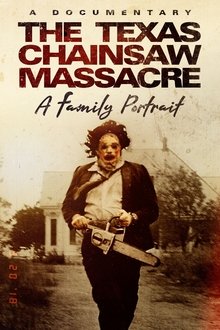
The Texas Chainsaw Massacre: A Family Portrait (1988)
A documentary about the classic 'Texas Chainsaw Massacre' film, including interviews with Gunnar Hansen, Edwin Neal, John Dugan and Jim Siedow.

City of Splendour (2013)
A documentary about punk and subculture scene of Pula, Croatia from 1978 to 1991, the city that gave birth to one of the most vivid punk and alternative rock scenes in former Yugoslavia, despite having population of just over 60,000 residents.

Exergo (2024)
Departing from peripheral details of some paintings of the Bilbao Fine Arts Museum, a female narrator unravels several stories related to the economic, social and psychological conditions of past and current artists.
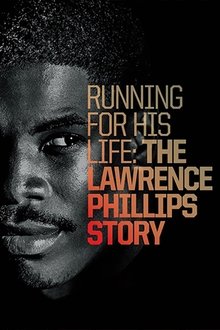
Running for His Life: The Lawrence Phillips Story (2016)
Feature length documentary examining the troubled life and tragic death of college football standout and talented NFL running back Lawrence Phillips, whose scars of childhood abuse and abandonment haunted him throughout his career.
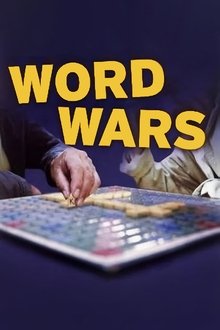
Word Wars (2004)
The classic board game, Scrabble, has been popular for decades. In addition, there are fanatics who devote heart and soul to this game to the expense of everything else. This film profiles a group of these enthusiasts as they converge for a Scrabble convention where the word game is almost a bloodsport.
